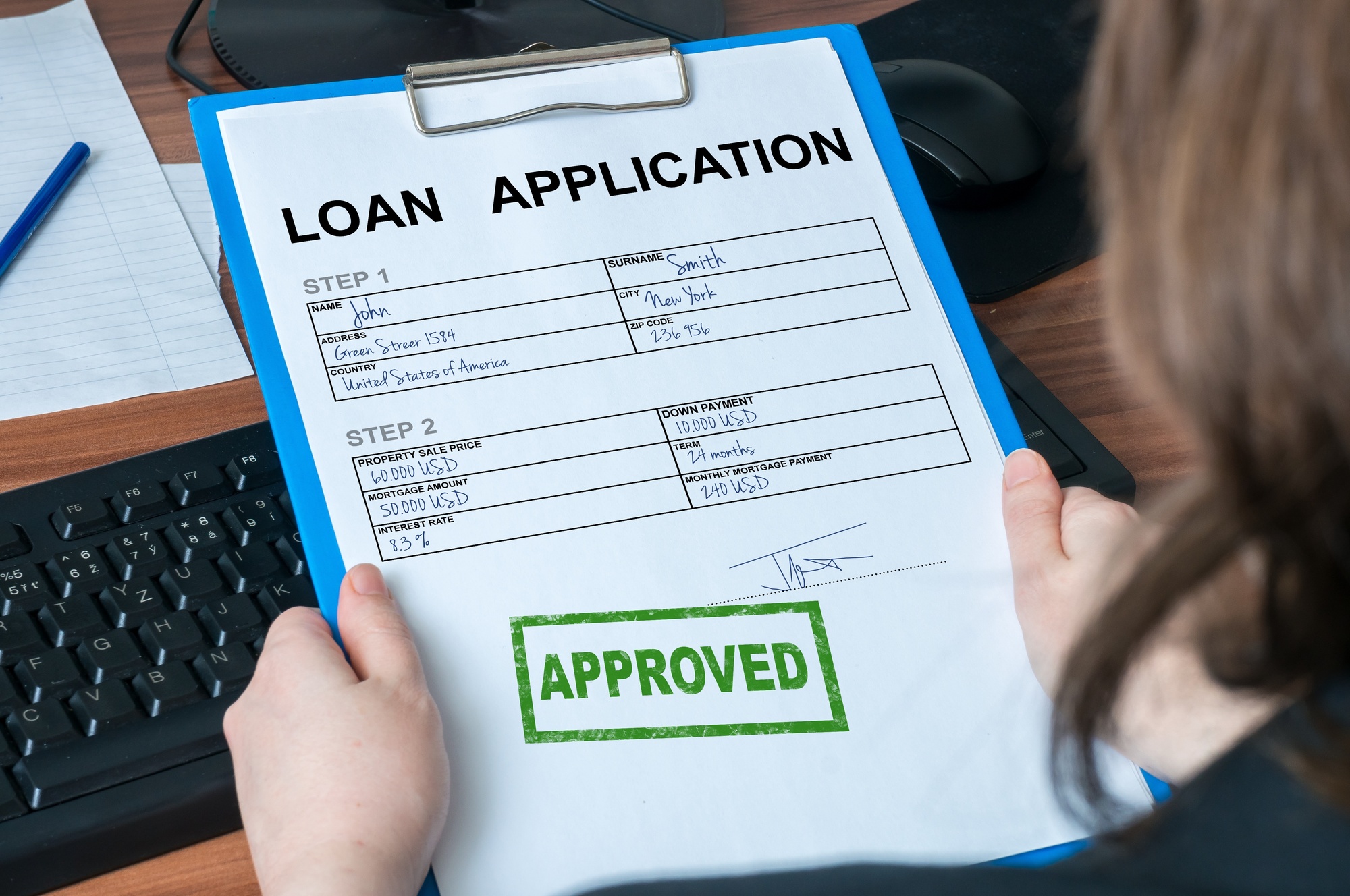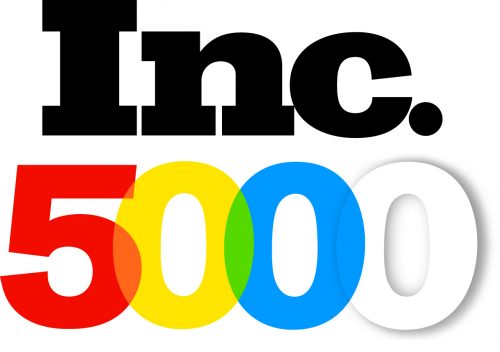According to reports, the average American has around $38,000 in debt to their name, excluding home mortgages.
This level of debt can pose a significant financial strain on just about anybody. Especially if you owe on multiple lines of credit—and are paying higher than necessary interest rates.
With the financial burden of paying off multiple sources of debt also comes the inevitable emotional stress of feeling like you cannot meet all of your financial commitments.
Fortunately, there are ways to make squashing your debt that much easier. One of these is a debt consolidation loan for bad credit.
If you are interested to know how a debt consolidation loan can help you, and how to get one, read on. We are about to share with you everything you need to know about consolidation loans for bad credit.
What Is Debt Consolidation?
Debt consolidation is the practice of combining one’s debt into a consolidated liability.
For example, if you owe on multiple lines of credit, there are a few ways that you can bring these amounts together, so that you have one monthly payment, and one rate of interest.
One of these is to take out a debt consolidation loan.
How Debt Consolidation Loans Work
Debt consolidations loans are loans that you can apply for to pay off your existing debt. Once this is done, you will be left with the consolidation loan to pay off.
At first glance, this might not seem like much of an advantage, but in many cases, consolidation loans can be of considerable benefit. Let’s take a look.
Advantages of a Debt Consolidation Loan
Debt consolidation loans pose a few key advantages.
The first and simplest of these is that they free you from multiple debt payments and installment deadlines during the month. Instead, all of your debt obligations are lumped together in one sum, payable on the same date each month.
The second advantage of taking out a debt consolidation loan is that you might be able to lower the overall interest on your debt. This, in turn, can lead to lower payments.
Lastly, taking out a debt consolidation loan can also positively affect your credit score. In some cases, initial inquiries by lenders can drop your score by a point or more. However, by being able to reduce your individual debts on one go, you might be able to boost your credit score significantly.
If you can stick to the payments on your debt consolidation loan, this too will assist to raise your credit score.
How to Know If a Debt Consolidation Loan for Bad Credit Is for You
Debt consolidation loans hold some key advantages. However, they are not for everyone.
Here are some of the things you need to do when considering whether or not a debt consolidation loan is an ideal solution for you.
Weigh up Your Finances and Debt
First up, you need to weigh up your income and your debt. If you are in an extreme case of debt, then even a consolidation loan might not be a solution.
If you can see that you will not be able to meet your payment, even at a reduced interest rate or on modified terms—then a consolidation loan is not going to be off much help. In fact, not making good on one could simply damage your credit score even more.
The typical rule of thumb is that if your total debt is less than 40 percent of your gross income, debt consolidation is a feasible choice, provided that you can find a low interest loan.
Check Your Credit Score
The next thing to do is to check your credit score. You can do this for free by visiting the Annual Credit Report site.
The better your credit score, the better your chances are of securing a low interest rate on a debt consolidation loan. On the other hand, if your credit score is poor, you likely only be able to secure loans with higher rates.
Most authorized lenders categorize good credit scores as those falling between 690 to 719. Fair credit scores are generally 630 to 689, and poor scores are usually considered to be anything below 629.
Once you know what your credit score is you will be able to gain a rough idea of what type of rates you will be eligible for.
How to Find a Debt Consolidation Loan for Bad Credit
If you have decided that a debt consolidation loan is for you, you will need to start shopping around. Here are a few strategies for ensuring that you locate the best options.
Compare, Compare, Compare
It is rarely a good idea to go with the first option you find. Instead, ensure that you compare a number of loan offerings to ensure that you are gaining the best rates and terms.
While shopping around, always check to see if loan providers are certified. One way to check legitimacy is to find consolidation solutions through the Better Business Bureau.
You can read this post to find out more.
Improve Your Credit Score
If you find that you are unable to secure a loan with reasonable interest rates, you might want to work on your credit score prior to taking out a debt consolidation loan.
You can do this by:
- Paying your monthly debts on time every month
- Working down credit card balances to reduce your credit utilization rate
If these avenues are not possible you can also consider taking out a secured loan where you use a main asset such as your home as collateral. This is only advised if you are sure that you can make the monthly loan payments, otherwise, you will risk the chance of foreclosure.
Take Advantage of Our Search and Match Tool for Debt Consolidation Solutions
Hunting for debt consolidation loans for bad credit can be time-consuming and overwhelming. That is why we have created a loan matching tool that will instantly align you with a list of the smartest solutions for your needs.
This will not affect your credit score, and it will provide you with a list of tailored solutions for your requirements. Feel free to contact us today if you have any questions.




